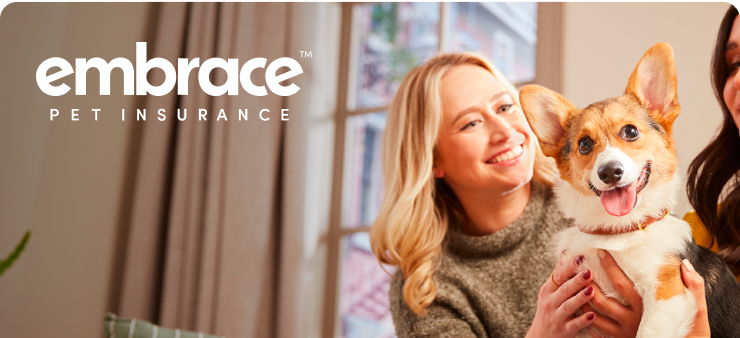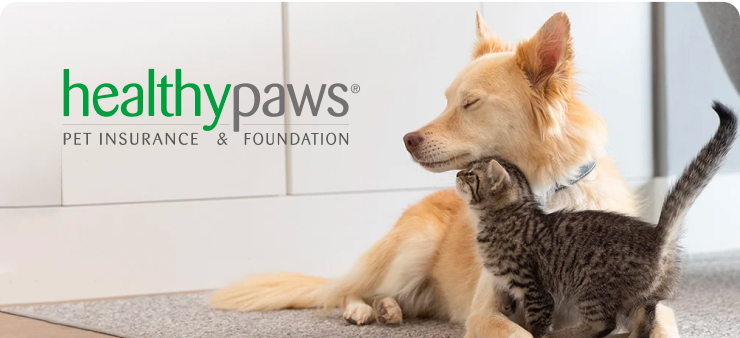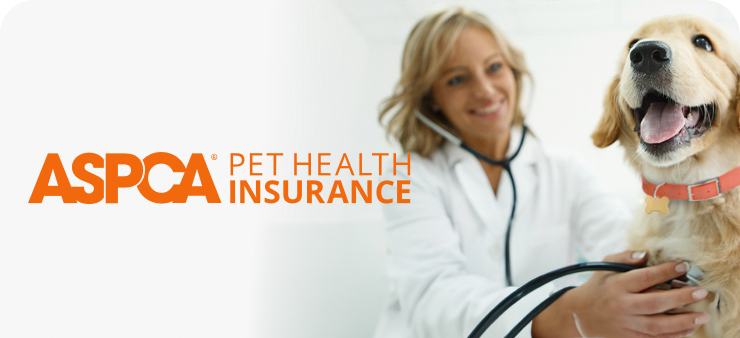What is pet insurance for?
Like your health insurance, pet insurance helps make it affordable for you to get your pets the medical care they need without paying exorbitant fees. It is designed to cover unexpected accidents and illnesses. Plans are available for dogs, cats and other animals, even exotics.
Coverage varies from plan to plan, pet insurance generally covers:
- Infections
- Car accidents
- Ear illnesses
- Lacerations
- Eye illnesses
- Insect bites
- Flea-borne illnesses
- Bone fractures or breaks
- Foreign body ingestion
Types of pet insurance coverage
Coverage is often worth it when it helps dog owners reduce worry and save money in the long run — most pet insurance companies don't cover preexisting conditions, but many cover breed-specific issues as long as you purchase coverage before problems develop.
- Accident-only coverage: This traditional form of pet insurance generally covers injury from accidents, including injuries, foreign body ingestion or poisonings. Basic coverages typically include deductibles and caps on total payouts per policy term.
- Comprehensive coverage: Comprehensive takes pet insurance one step further by including care for illnesses and conditions your pet develops over time and prescription medicines required for these illnesses.
- Wellness plans: Want coverage to help pay for routine care? Then a pet wellness plan is for you. It typically helps pay for annual exams, teeth cleanings, vaccinations and other similar preventative treatments.
- Vet packages and network plans: Additional pet insurance-like products are often sponsored by veterinarians themselves or in conjunction with pet stores. For instance, vets will sometimes offer their customers package deals for discounts on care and checkups. Vets and pet stores may also team up to offer plans that give discounts on surgeries, care, pet food and other supplies.
- Other coverage: For exotic pets or those that are worth a lot to their owners, life and theft insurance can be bought as a separate plan. Pet owners can also consider liability coverage to protect them should their pet bite or harm another person. Typically, homeowners or renters insurance provides enough protection, but some pet owners may need additional insurance for more aggressive breeds.
What does pet insurance not cover?
If you have pet insurance, you might assume that it will cover all medical issues and expenses, but many times it has exclusions. Here are some common things not covered by pet insurance:
- Preexisting conditions
- Cosmetic procedures
- Examination fees
- Owner negligence
- Preventive Care
- Breeding costs
Bottom line: Should you get pet insurance?
Pet insurance can be worth it if you anticipate having high medical costs associated with your pet. People who benefit the most from plans typically have older pets or are first-time pet owners who appreciate the peace of mind that comes with knowing they can take their puppy or kitten to the vet without paying out of pocket. Owners of multiple pets, who might have to pay medical expenses several times throughout a year, also find pet insurance plans attractive.
With checkups, grooming, food and treats, our furry friends can be quite an investment. Still, they're the best kind of investment, and pet insurance is a good way to ensure you won't have to make tough financial decisions when choosing how to care for your pet.













































